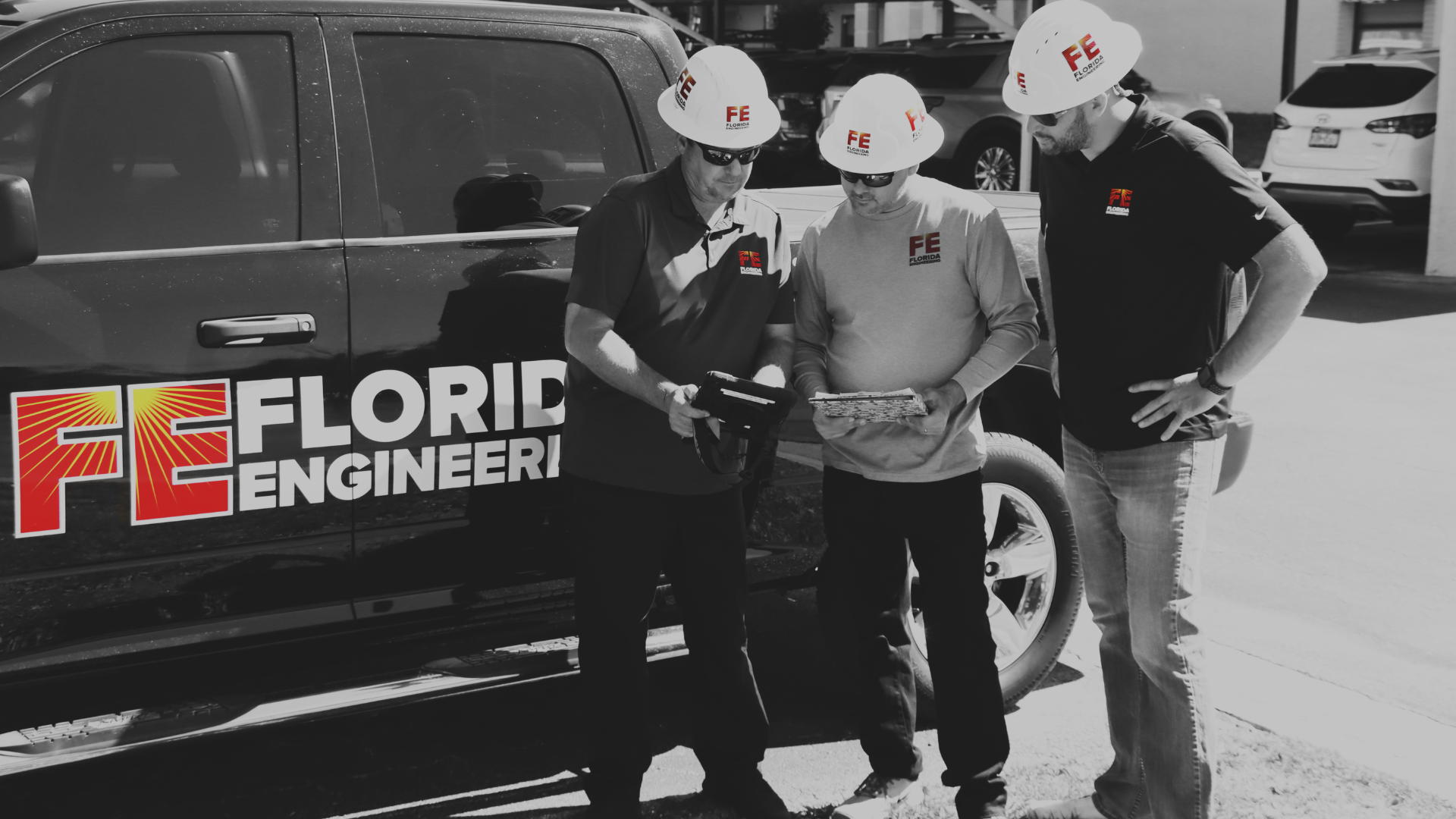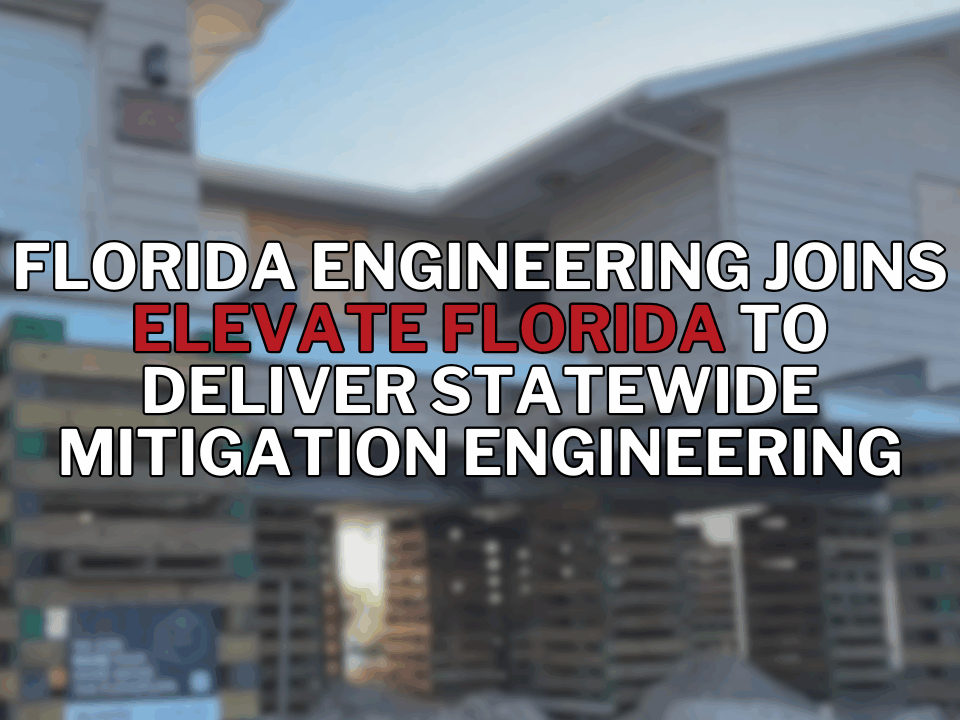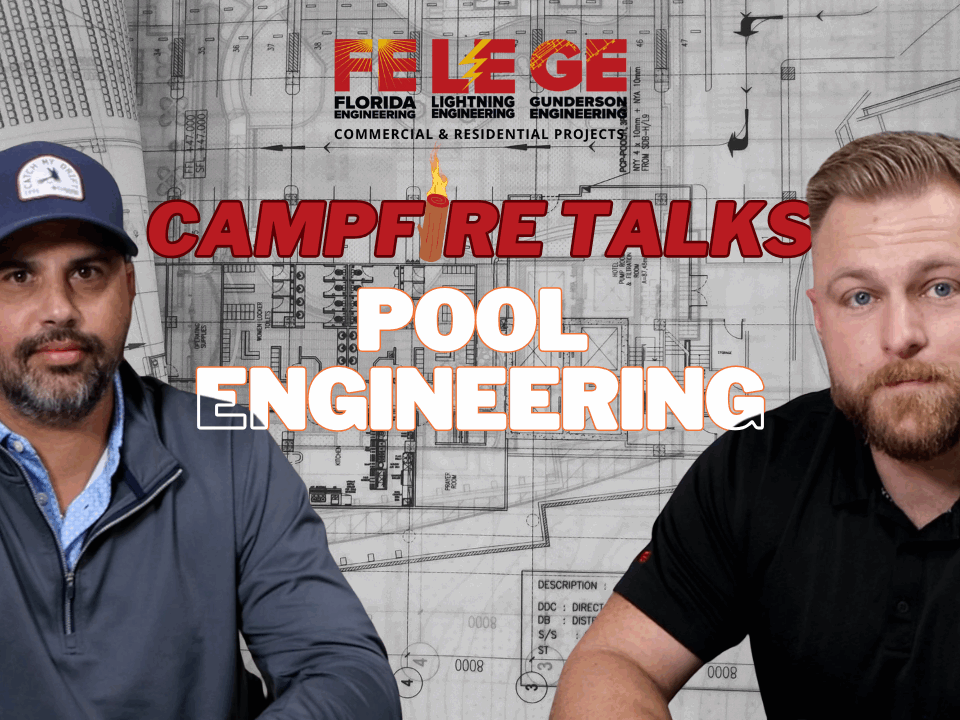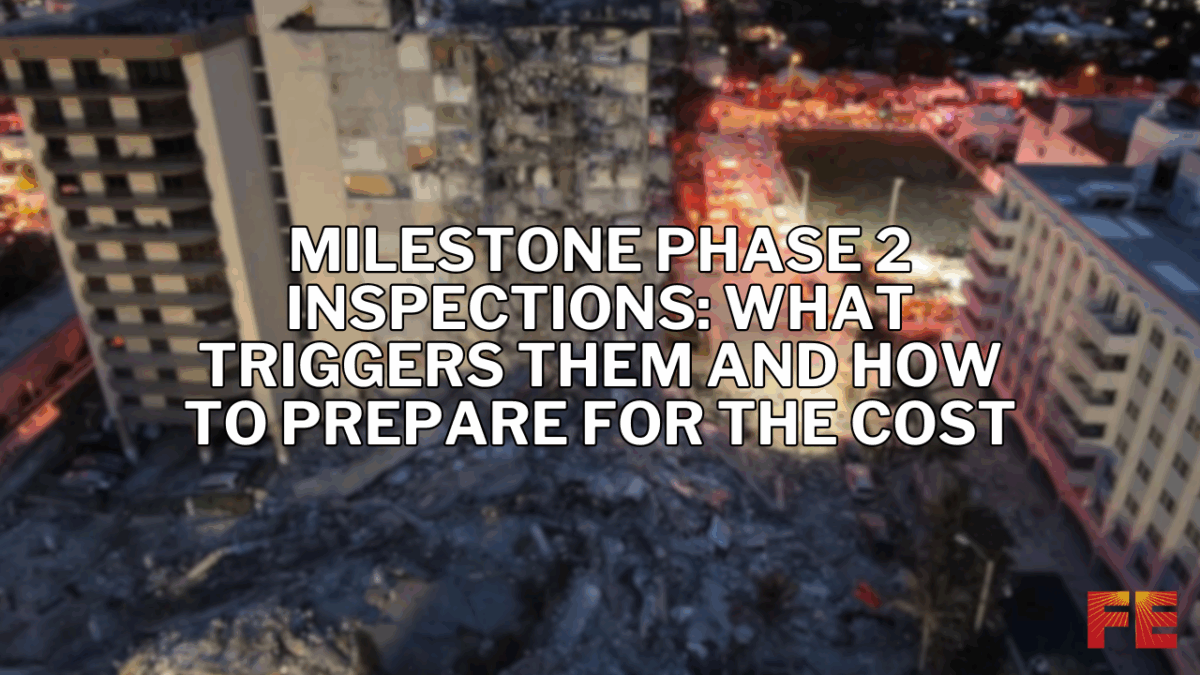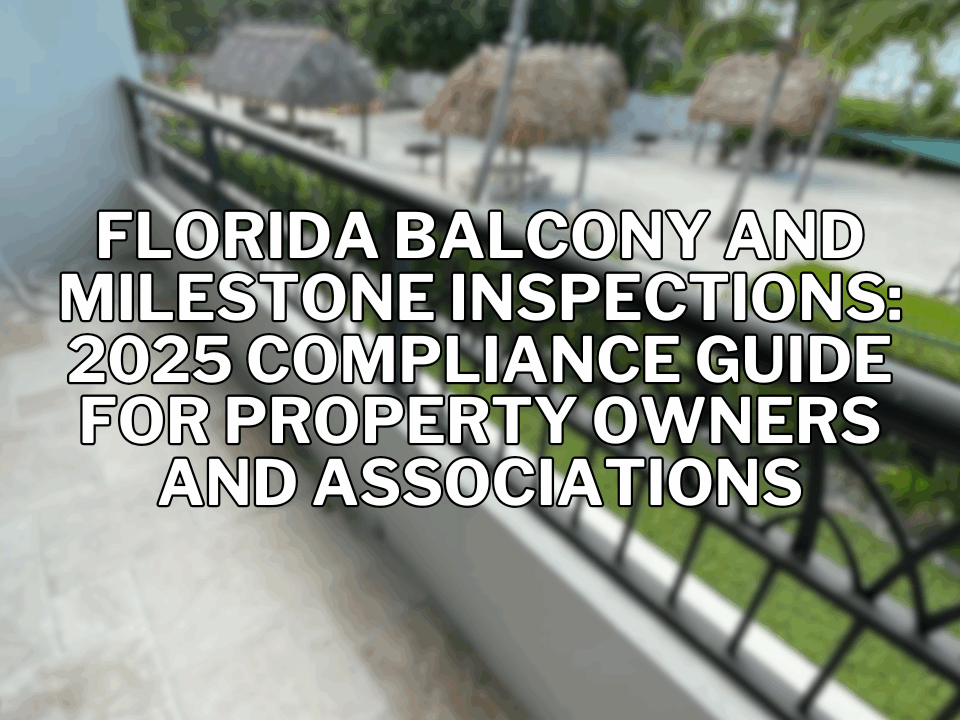Phase 2 inspections have become a crucial element in Florida’s building safety ecosystem—particularly in response to recent legislation following the Surfside condominium collapse. These inspections go beyond visual assessment and often involve invasive testing, making them both significant and costly. This article outlines when Phase 2 inspections are required, what they entail, and how property owners and managers can plan financially and logistically for them in 2025.
Table of Contents
- What Is a Phase 2 Inspection?
- Triggers for Phase 2 Inspections
- What to Expect During a Phase 2 Inspection
- Cost Drivers and Financial Planning
- How to Minimize Risk and Costs
- Final Thoughts
What Is a Phase 2 Inspection?
A Phase 2 inspection is the second step in Florida’s milestone inspection protocol for buildings three stories or taller. While Phase 1 is a visual evaluation of structural integrity by a licensed engineer or architect, Phase 2 is triggered by signs of substantial structural deterioration.
“Phase 2 may involve destructive or nondestructive testing…to confirm that the building is structurally sound and safe for its intended use.”
— Florida Statute 553.899(7)(b)
Unlike Phase 1, Phase 2 inspections delve deeper—often requiring removal of finishes, concrete chipping, and even core sampling.
Triggers for Phase 2 Inspections
Phase 2 is not automatic; it’s triggered by findings from Phase 1. Key indicators include:
- Visible cracks in structural members
- Deflection or sagging in load-bearing elements
- Water infiltration and rust stains
- Peeling finishes with underlying damage
- Evidence of foundation movement
If the Phase 1 inspector identifies substantial structural deterioration, the law mandates a Phase 2 follow-up.
Important: Minor surface imperfections (like paint cracks or small misalignments) are not considered triggers unless linked to more serious conditions by the inspecting professional.
What to Expect During a Phase 2 Inspection
Phase 2 inspections vary based on the structure’s condition but often include:
- Destructive testing (e.g., opening walls, chipping concrete)
- Non-destructive testing (e.g., ground-penetrating radar, ultrasound)
- Load assessments
- Detailed mapping of deterioration
Inspectors document every step and submit a sealed, signed report including:
- Extent and location of damage
- Recommendations for repair
- Photos and diagrams
- Risk assessments for occupancy
Cost Drivers and Financial Planning
Phase 2 inspections, while on a case-by-case basis, vary greatly depending on multiple factors. Typical costs range from $5,000 to $50,000+, depending on the following factors:
| Factor | Impact on Cost |
|---|---|
| Building Size & Complexity | Larger/more complex = more $ |
| Extent of Detected Damage | More damage = more testing |
| Accessibility of Structural Areas | Difficult access raises cost |
| Type of Testing Required | Destructive > Non-destructive |
| Location (urban/coastal) | Coastal = higher risk/cost |
⚠️ Risk Note: If deterioration is severe, immediate remediation may be required within 180 days, per Broward County guidelines. ⚠️
Funding Strategies
- Establish or update structural reserves
- Plan phased inspections/testing over budget cycles
- Investigate insurance coverage for assessment-related damage
- Explore low-interest loans or municipal support programs
How to Minimize Risk and Costs
Proactive preparation can significantly reduce both the likelihood and financial impact of Phase 2:
- Conduct preliminary assessments before Phase 1
- Maintain regular maintenance logs and moisture control
- Ensure proper drainage and waterproofing around the building
- Use licensed, experienced professionals for Phase 1 to avoid false positives
- Engage in preventive repairs upon minor findings
Final Thoughts
Phase 2 inspections aren’t just regulatory hurdles—they are critical safety measures. While costly, the financial and human consequences of neglecting structural health are far steeper. Proper planning, routine maintenance, and professional collaboration can ease the burden and enhance building longevity.
Build with confidence—partner with Florida Engineering LLC today to ensure your property is ready for the future.
The Milestone Inspection Experts – Florida’s Condominium Inspections
- Phone: 941-391-5980
- Email: contact@fleng.com
- Address: 4161 Tamiami Trail, Suite 101, Port Charlotte, FL 33952
Connect With Us
Related Services
- Balcony Inspections
- Disclosure of Condition of Building
- 25,30,40,50,60 Year Recertifications
- Infrared Thermography Inspection Services
- Turnover Inspections
[This above text is for information purposes only and does not constitute engineering or legal advice. Please consult a professional engineer and licensed attorney for any specific answers to your questions about Milestone Inspections, Balcony Inspections and the legal obligations entailed.]

